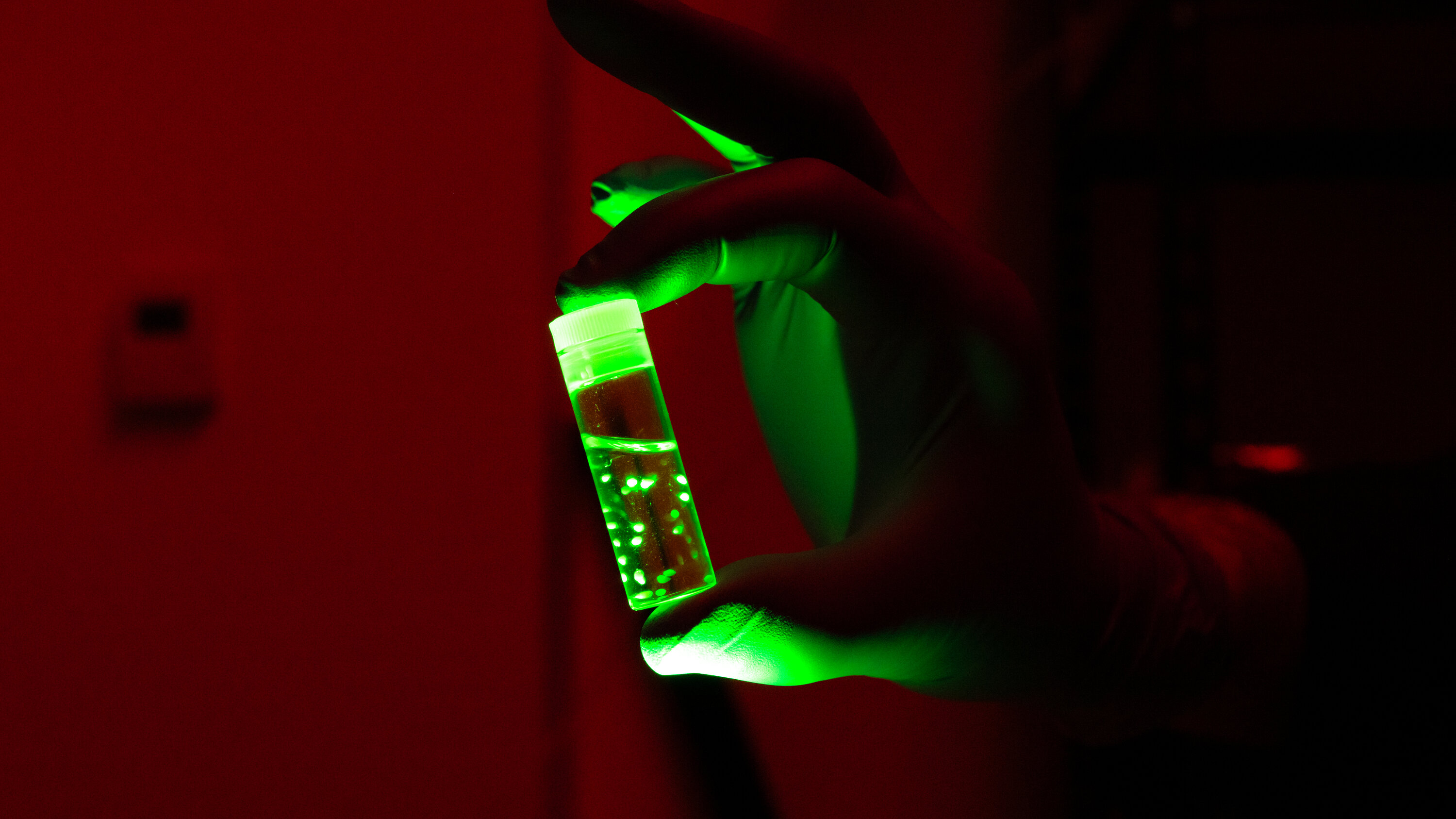Home / Science / Brain Organoids Mature for Years, Sparking Ethical Debate on Consciousness
Brain Organoids Mature for Years, Sparking Ethical Debate on Consciousness
10 Nov
Summary
- Brain organoids, grown from skin cells, can mature for up to 7 years in the lab
- Organoids are being used to study brain development and model neurological disorders
- Ethical concerns arise as organoids become more complex, potentially gaining consciousness

In November 2025, scientists are making remarkable progress in brain organoid research, with some organoids now reaching an unprecedented 7 years of age. These miniature brain structures, grown from skin cells, are providing unprecedented insights into human brain development and neurological disorders.
At Harvard University, Paola Arlotta's lab has been carefully nurturing these organoids, which can contain up to 2 million neurons and exhibit electrical activity similar to the human brain. As the organoids have matured over the years, their neurons have been observed to develop and function like those in a fetal brain, a newborn, and even a young child.
This breakthrough has enabled scientists to study brain development and disorders in ways that were previously impossible. Researchers are using organoids to trace cell migration, observe the effects of drugs and genetic mutations, and even model complex neurological conditions like autism. One team has even used organoids to recreate the pain signaling pathway, paving the way for new pain treatments.
However, the increasing complexity of these organoids has also raised ethical concerns. Neuroscientists and bioethicists are now grappling with the possibility that these lab-grown structures could potentially develop some form of consciousness or the ability to suffer. While current organoids are still relatively simple, the prospect of more advanced "assembloids" combining multiple brain regions has sparked debates about the moral status of these entities.
As the field of brain organoid research continues to rapidly evolve, scientists and ethicists will need to work together to ensure that this powerful new tool is developed responsibly and with appropriate safeguards in place.



